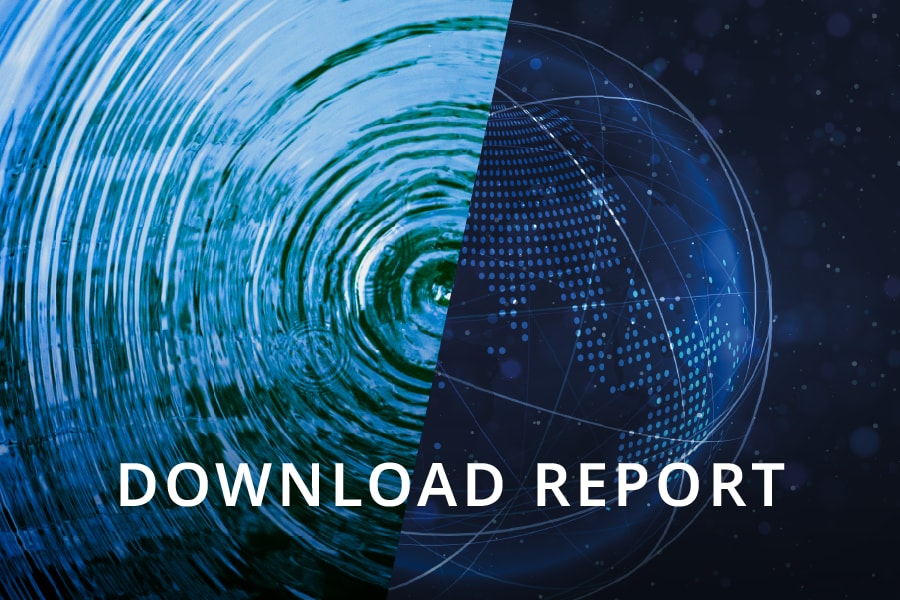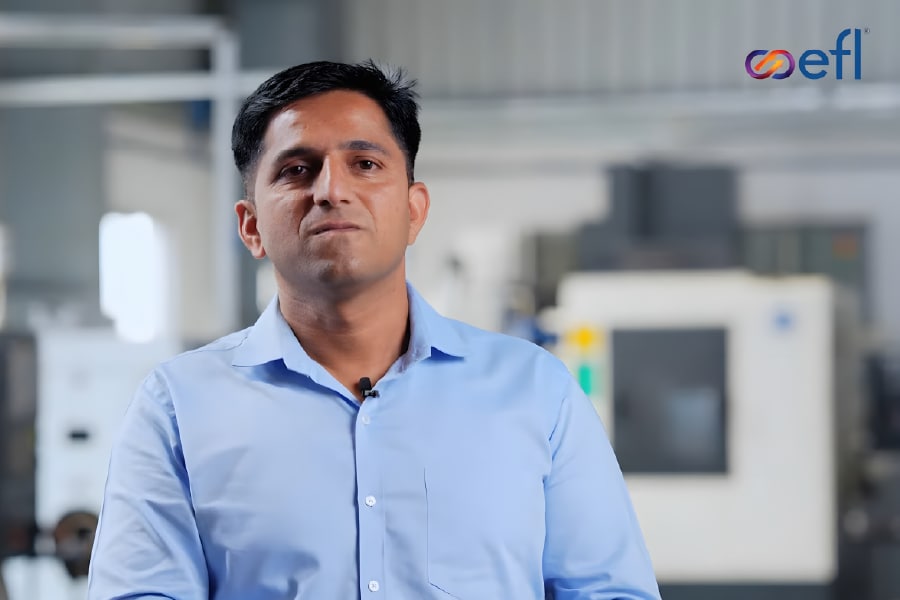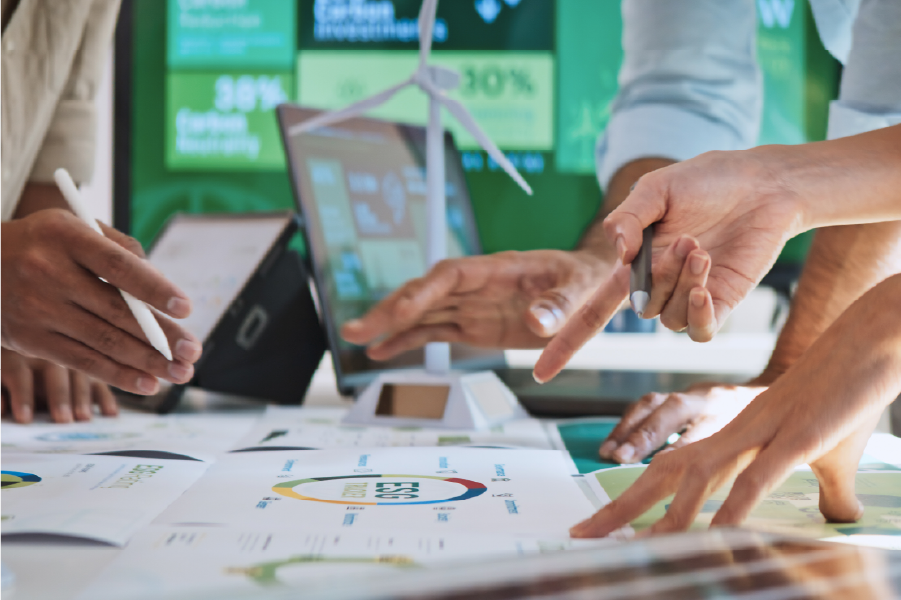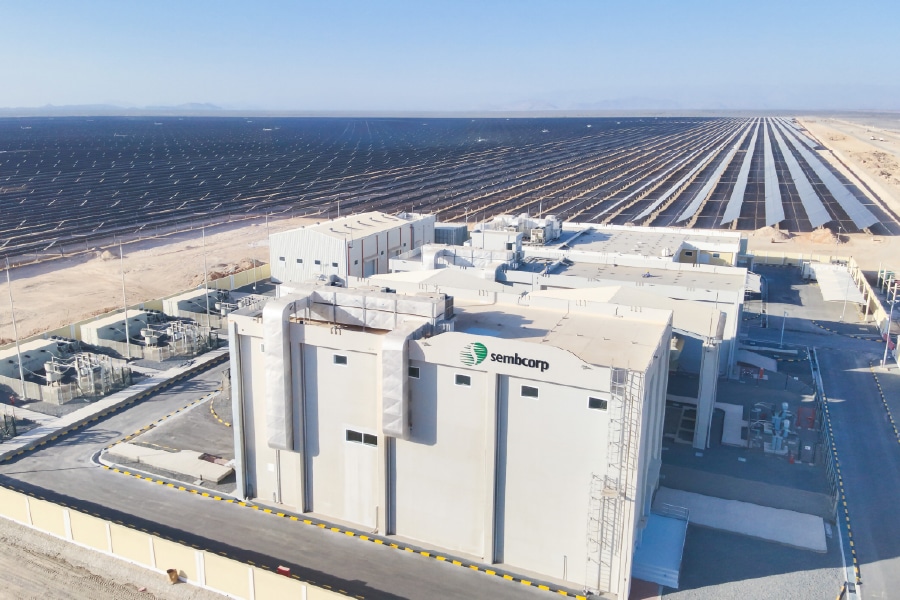This site uses cookies. By continuing to browse our site, you accept the use of cookies. Turn cookies on.
View our privacy notice for more information
This site uses cookies. By continuing to browse our site, you accept the use of cookies. Turn cookies off.
View our privacy notice for more information
About Us
A global investment company delivering sustainable returns over the long term
Our Financials
Building a disciplined institution
Our Investments
Investing with tomorrow in mind
Our Community
Building communities, uplifting lives
News & Resources
Stay informed and keep abreast of the latest news
Close
- Home
- About Us
- Our Financials
- Our Investments
- Sustainability
- Our Community
- News & Resources
Sustainability in Our Investments
Top




